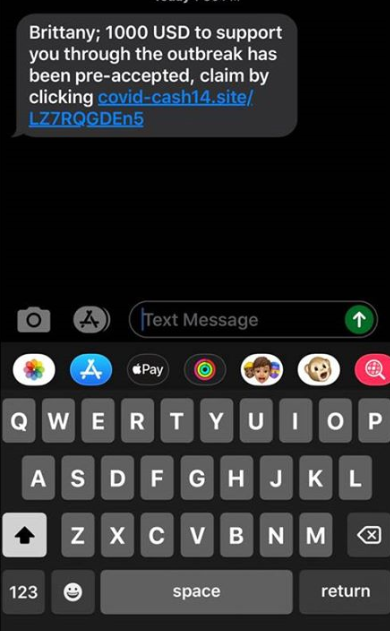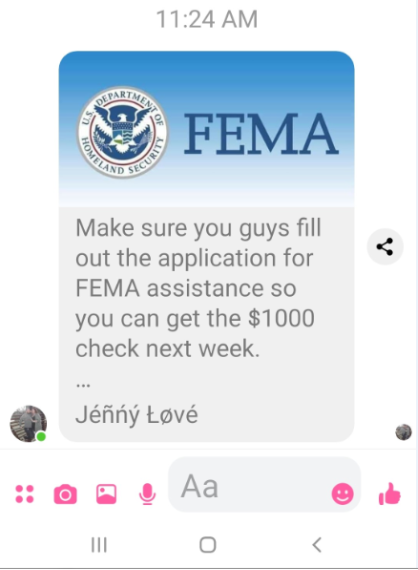Coronavirus Scams: Beware Of 'Secret Treatments' For COVID-19, Or Offers To Speed Up Your Stimulus Check
CHICAGO (CBS) -- The coronavirus scare has created new fodder for con artists who have cleverly adapted old tricks to rip you off.
"As the Covid-19 pandemic spreads so does uncertainty and fear, two elements con-artists thrive on," said Steve Bernas President of the Chicago Better Business Bureau. Today the BBB issued an alert about the most frequent scams you should watch out for. They include fake emails and texts offering an online coronavirus test by clicking on a link. No test like that exists. If you click on the link, the BBB warns scammers can download malware and access your personal information.
Other bogus offers:
Emails and text messages claiming you can buy "products the government is supposedly keeping secret" to prevent or treat COVID-19. No treatment like that exists
Pop up fake websites collecting money for protective equipment and then vanishing.
Asking consumers to pay money to get stimulus checks faster and then send out fake checks that will bounce when you deposit them.
Here are two examples of scam texts sent to potential victims:


The BBB also warned scammers have revised work-at-home scams to prey on people who lost their jobs because of the pandemic. "These cons often use real company names and can be very convincing," Bernas said.
They may charge you for training, or send you fake checks for over your salary amount and having you wire back the difference.
The CBS 2 investigators have repeatedly reported on various versions of these fake check scams with the recipients eventually left having to pay their banks back for the money they lost. Today the American Association of Retired Persons also reported on the latest number of coronavirus scam complaints to warn "Americans who may be vulnerable to fraud during this crisis," said Kathy Stokes Director of AARP's Fraud Prevention Programs.
High on AARP's list are scammers offering testing, treatments and cures for COVID-19. that don't exist. For example, one Chicago area victim received a text message supposedly from the Canadian government falsely claiming, "Canada had been successful in helping Canadian citizens fight COVID-19," Stokes said.
Another tried to sell people air duct replacements to protect their home against coronavirus. AARP also reported on COVID-19-connected spins on phishing scams to get your personal information and steal your identity. They offer to help people get unemployment benefits or stimulus money approved by the government faster if you give them your banking information and social security numbers.
Don't do it.
Stokes said AARP has seen an increase in complaints about puppy scams that play off people being bored or feeling isolated while following stay-at-home instructions to stay safe from catching COVID-19. One Chicago area resident paid $600 cash for a Pomeranian that was never delivered. When the scammer asked for another $600 the victim refused, but are still out the original payment.
Resources for more tips, help or to report a scam include the following:
AARP toll free fraud helpline:877-908-3360 or.arp.org/coronavirus



